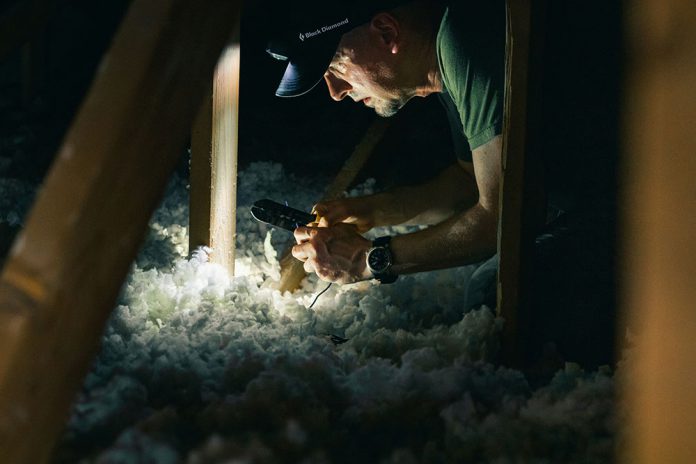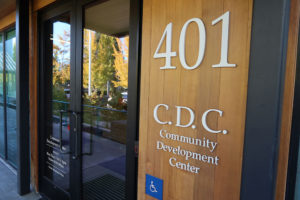
Time is running out to claim federal tax credits on a number of energy upgrades for homes in Healdsburg. “Clean energy, energy efficiency and heat pump projects help Healdsburg be more energy efficient and reduce carbon emissions,” said Terra Sampson, the city’s utility conservation analyst.
“The federal tax credits for residential energy efficiency and heat pump projects will be ending Dec. 31, which does not leave residents much time to take advantage of the federal tax credits,” she said.

These include $2,000 in tax credit for a heat pump-driven HVAC or water heater upgrade. Heat pumps rely on a refrigerant that changes states from liquid (when cool) to gas (when hot), which is moved from indoors to outdoors to transfer heat efficiently.
“Heat pumps use highly reliable, cutting-edge technologies to heat and cool homes when used optimally,” according to a Hydro-Quebec video on YouTube. “A heat pump consumes less energy and is more efficient than other types of heating equipment available on the market—an excellent way to reduce your electricity bill during Quebec winters.”
Their efficiency is one reason the energy tax credits are high; they are most efficient in replacing natural gas or propane-powered appliances, which produce considerable toxic emissions.
So serious are utilities about replacing gas appliances that one of the criteria for eligibility for a heat exchange rebate is that gas lines be disconnected from the equipment and capped, and a photo included with the application.
Smart home
The means by which energy (heat or electricity) is generated is one side of the equation; how well it is conserved in another. That is why insulation is another nexus for clean energy credits, including weatherization upgrades and improvements such as adding insulation materials and air sealing windows, doors and other weaknesses in a home’s weather security.
Says the state’s Energy Star website, “If your heating or cooling system is old, and you are considering a new air source heat pump, it is always wise to optimize your attic insulation first, so you don’t pay for more heating and cooling than you actually need.”
Up to $1,200 is available for these upgrades and improvements. A common one that’s relatively inexpensive is to add insulation to the closed attic space above many Healdsburg houses. Most HVAC home contractors offer this service; it’s relatively quick but very effective. In fact homeowners can do it themselves, as materials can be purchased and equipment rented from Home Depot. In this case, no permit is necessary.
The cost of insulation for a 1,000-square-foot attic varies so it’s best to check around. The rebate is 50 cents per square foot, so that attic would bring a $500 rebate. Check with the city to see if permits are required. Many jurisdictions do not require a permit for this simple, energy-saving upgrade. Healdsburg does, however, under a narrow reading of California Building Code Section 105: “Any owner or owner’s authorized agent who intends to construct, enlarge, alter, repair, move, demolish or change the occupancy of a building …”

Permits?
The word “alter” can do a lot of work here; there is no structural change, no effect on “any electrical, gas, mechanical or plumbing systems” that would otherwise require a permit. “Many homeowners don’t realize that a permit is required for this type of work, but it is,” said David Willoughby, a building official with the city.
Changing that permit requirement for attic installation would take some study. “Any adjustment to permit fees or rebate amounts would need a financial impact analysis and require a Council resolution, which can take some time,” said Sampson.
Even so, the permit can be had for as little as the city’s minimum, $170. The rebate amount more than makes up for this fee. Note that any contractor hired for this job needs a business permit to operate in Healdsburg, based on the type of business and estimated annual revenue generated in Healdsburg.
The city, under Sampson’s attentive management, always keeps the list of rebates, tax credits and incentives up-to-date, published at SmartLivingHealdsburg.org.
“We have a couple of current programs where the rebate is designed to cover up to 100% of the project costs (including permit fees) for our income-qualified CARE customers, such as a home EV charger for CARE customers,” said Sampson.
She clarified that the city’s electric rebate programs are “predominantly funded by our own allowances from the State’s Cap-and-Trade program and are not impacted by changes to federal funding.”









Permits should not be required for insulation. It is a time cost in addition to the permit cost.